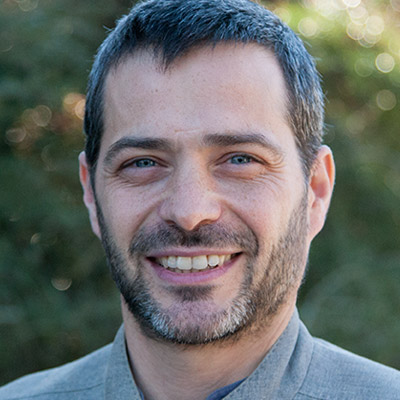 Speaker: Simon Foucart, Associate Professor of Compressed Sensing and Approximation Theory at Texas A&M University
Speaker: Simon Foucart, Associate Professor of Compressed Sensing and Approximation Theory at Texas A&M University
Title: The Usefulness of a Modified Restricted Isometry Property
Abstract: The restricted isometry property is arguably the most prominent tool in the theory of compressive sensing. In its classical version, it features $\ell_2$-norms as inner and outer norms. The modified version considered in this talk features the $\ell_1$-norm as the inner norm, while the outer norm depends a priori on the distribution of the random entries populating the measurement matrix. The modified version holds for a wider class of random matrices and still accounts for the success of sparse recovery via basis pursuit and via iterative hard thresholding. In the special case of Gaussian matrices, the outer norm actually reduces to an $\ell_2$-norm. This fact allows one to retrieve results from the theory of one-bit compressive sensing in a very simple way. Extensions to one-bit matrix recovery are then straightforward.
Bio: Dr. Simon Foucart earned a Masters of Engineering from the Ecole Centrale Paris and a Masters of Mathematics from the University of Cambridge in 2001. In 2006, he received his Ph.D. in Mathematics at the University of Cambridge, specializing in Approximation Theory. After two postdoctoral positions at Vanderbilt University and Université Paris 6, he joined Drexel University in 2010 before moving to the University of Georgia in 2013. Since 2015, he has been an associate professor at Texas A&M University. His current work focuses on the modern field of Compressive Sensing, whose theory is exposed in the book ‘A Mathematical Introduction to Compressive Sensing’ he coauthored with Holger Rauhut. Dr. Foucart’s research was recognized by the Journal of Complexity, from which he received the 2010 Best Paper Award. Dr. Foucart’s interests also include the mathematical aspects of metagenomics.